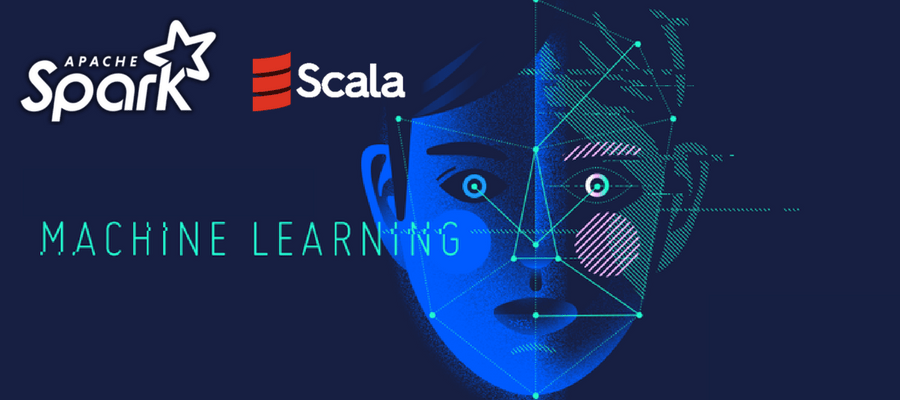
Apache Spark Certification Training
The main advantage of Apache Spark and Scala is that it contributes the handling policy to flow data with Spark flowing. It is very methodical for current perceptiveness. Knowing Apache Spark and Scala is an added advantage to job seekers in the corresponding industry.
Eduism's Apache Spark and Scala Certification Training is designed to provide you the knowledge and skills that are required to become a successful Spark Developer and prepare you for the Cloudera Hadoop and Spark Developer Certification Exam (CCA175). Throughout the Apache Spark Training, you will get an in-depth knowledge on Apache Spark and the Spark Ecosystem, which includes Spark RDD, Spark SQL, Spark MLlib and Spark Streaming.You will also get comprehensive knowledge on Scala Programming language, HDFS, Sqoop, FLume, Spark GraphX and Messaging System such as Kafka.Â
The Apache HTTP Server, colloquially called Apache (/əˈpætʃi/ É™-PATCH-ee), is free and open-source cross-platform web server software, released under the terms of Apache License 2.0. Apache is developed and maintained by an open community of developers under the auspices of the Apache Software Foundation. The vast majority of Apache HTTP Server instances run on a Linux distribution,[5] but current versions also run on Windows[6] and a wide variety of Unix-like systems. Past versions also ran on OpenVMS,[7] NetWare, OS/2 and other operating systems.[8] Originally based on the NCSA HTTPd server, development of Apache began in early 1995 after work on the NCSA code stalled. Apache played a key role in the initial growth of the World Wide Web,[9] quickly overtaking NCSA HTTPd as the dominant HTTP server, and has remained most popular since April 1996. In 2009, it became the first web server software to serve more than 100 million websites.[10] As of August 2018, it was estimated to serve 39% of all active websites and 35% of the top million websites.Â
A more detailed list of features is provided below:
- Loadable Dynamic Modules
- Multiple Request Processing modes (MPMs) including Event-based/Async, Threaded and Prefork.
- Highly scalable (easily handles more than 10,000 simultaneous connections)
- Handling of static files, index files, auto-indexing and content negotiation
- .htaccess support
- Reverse proxy with caching
- Load balancing[20] with in-band health checks
- Multiple load balancing mechanisms
- Fault tolerance and Failover with automatic recovery
- WebSocket, FastCGI, SCGI, AJP and uWSGI support with caching
- Dynamic configuration
- TLS/SSL with SNI and OCSP stapling support, via OpenSSL or wolfSSL.
- Name- and IP address-based virtual servers
- IPv6-compatible
- HTTP/2 support
- Fine-grained authentication and authorization access control
- gzip compression and decompression
- URL rewriting
- Headers[24] and content rewriting
- Custom logging with rotation
- Concurrent connection limiting
- Request processing rate limiting
- Bandwidth throttling
- Server Side Includes
- IP address-based geolocation
- User and Session tracking
- WebDAV
- Embedded Perl, PHP and Lua scripting
- CGI support
- public_html per-user web-pages
- Generic expression parser
- Real-time status views
- XML support
- FTP support (by a separate module)
- ₹ 20995